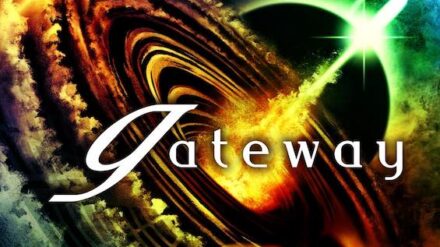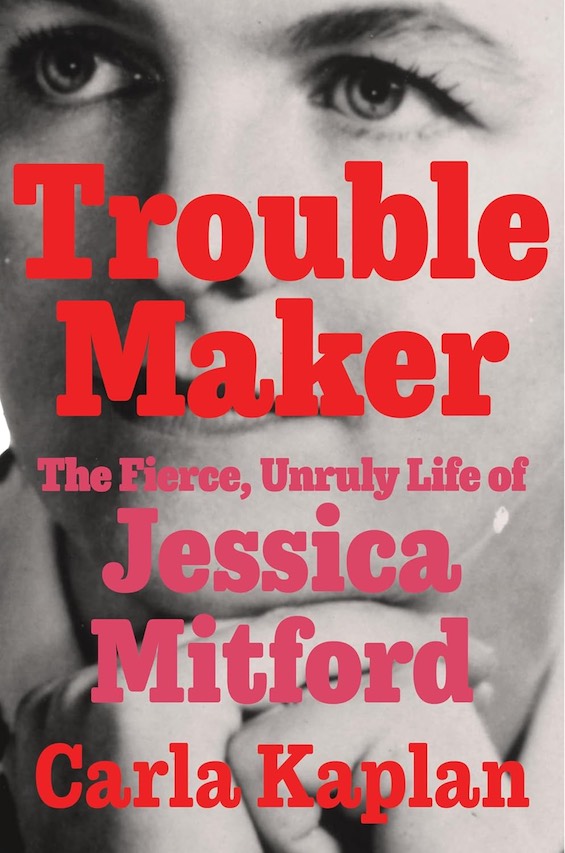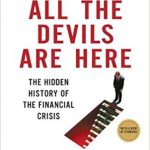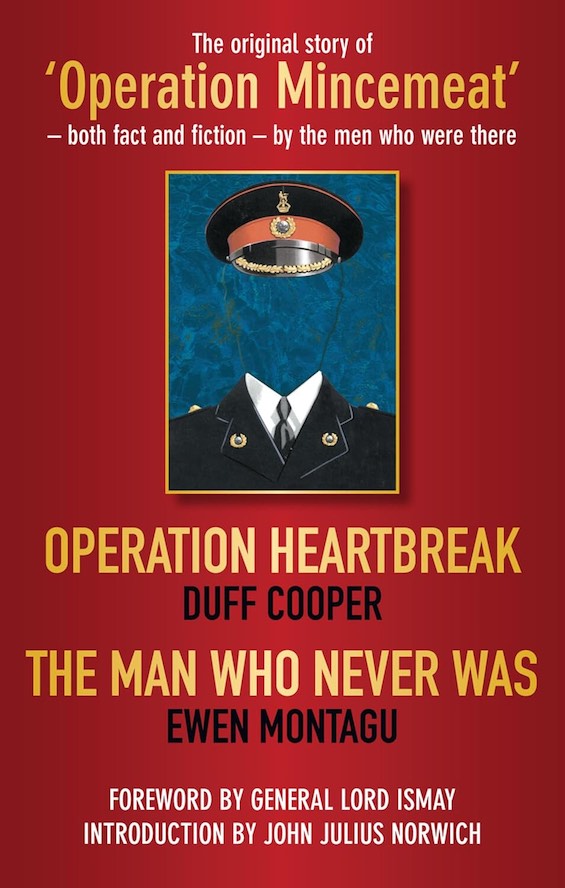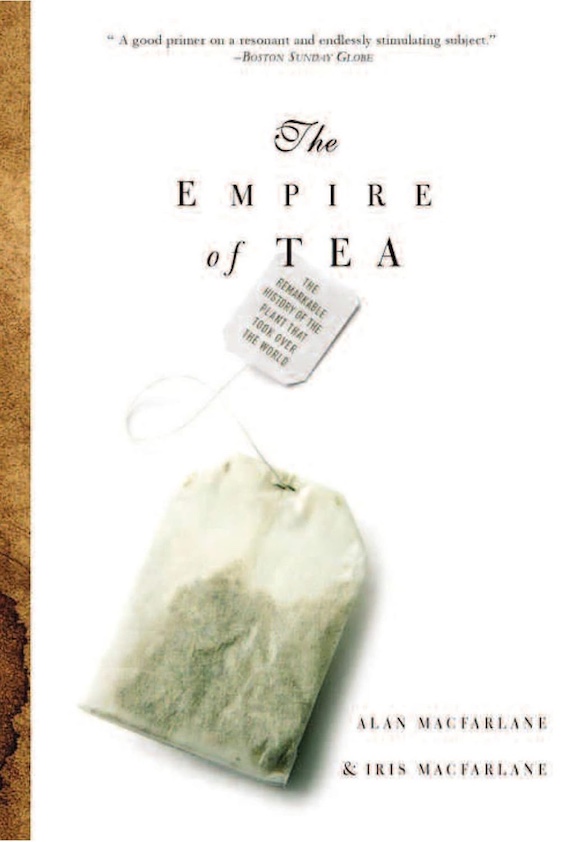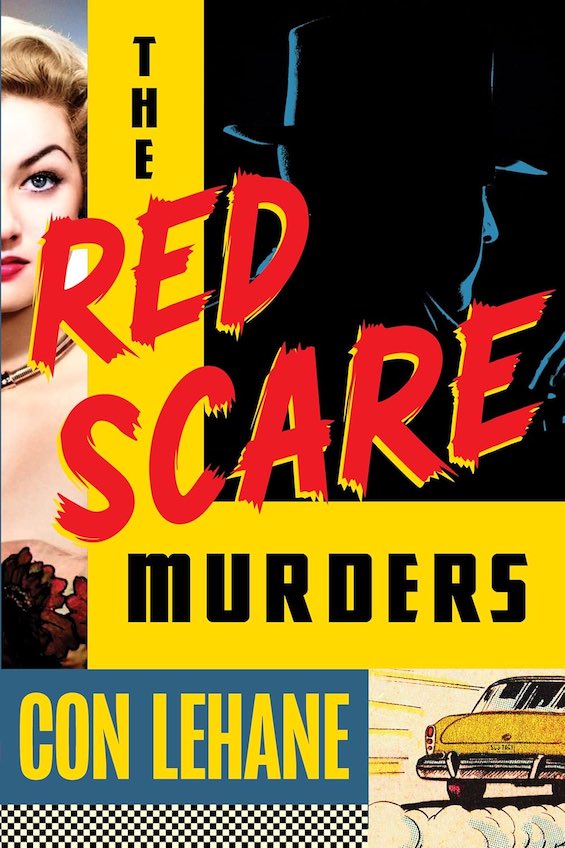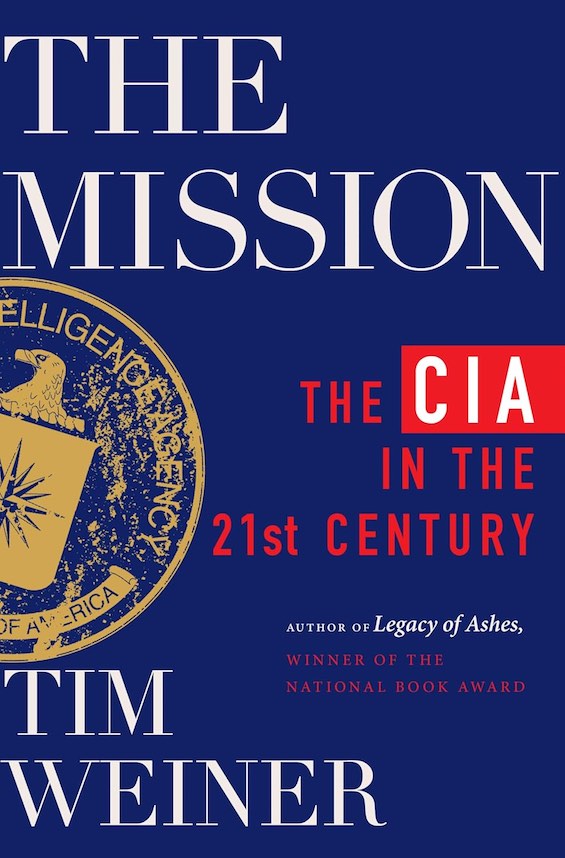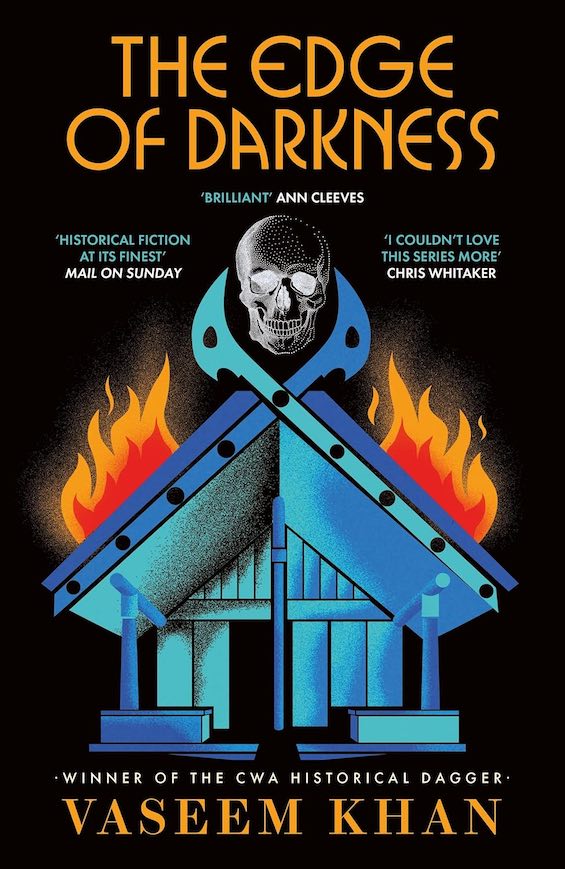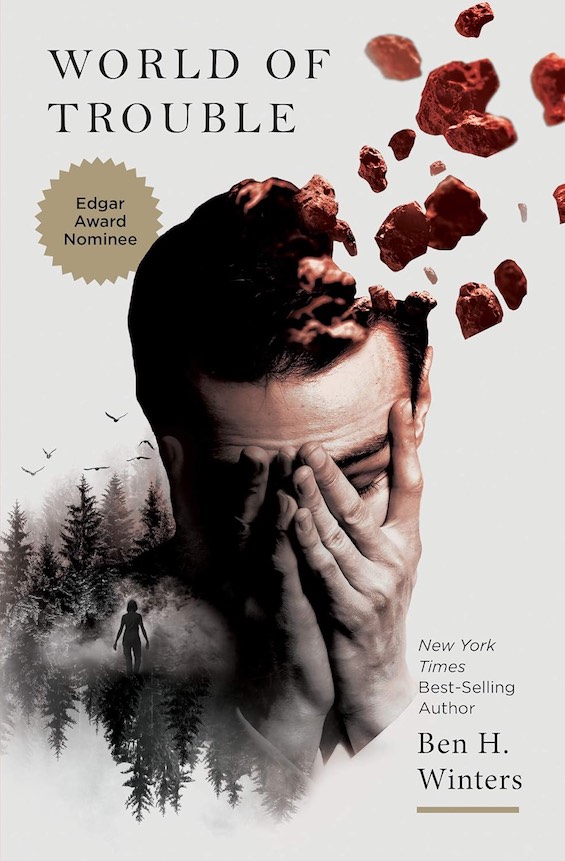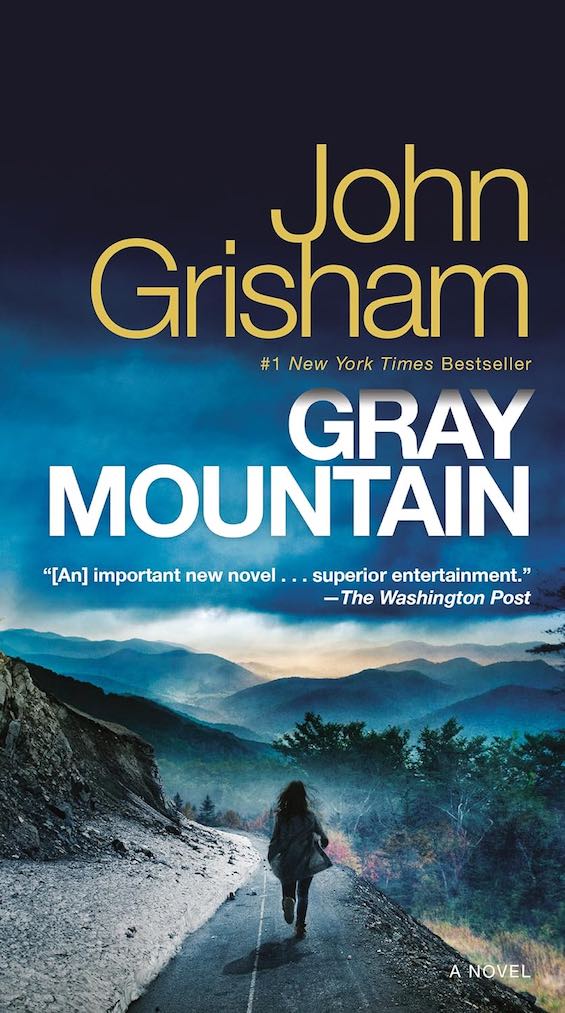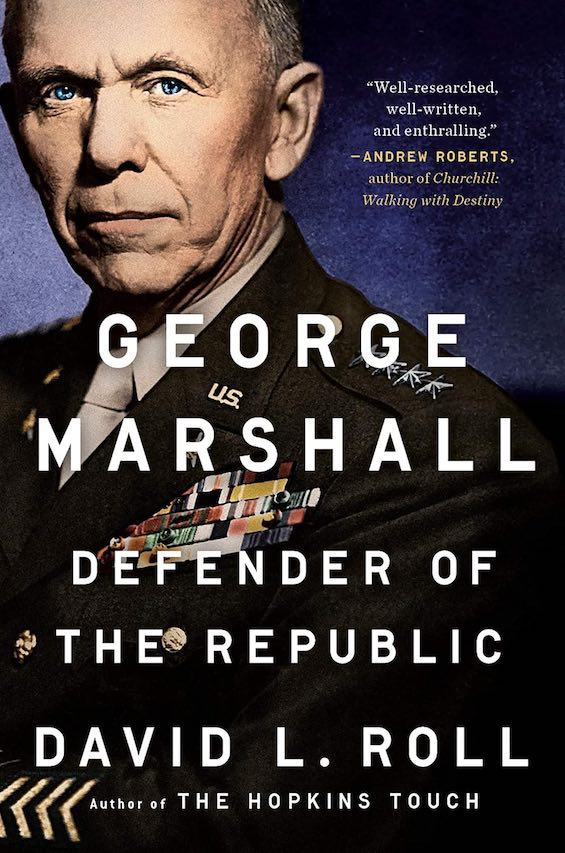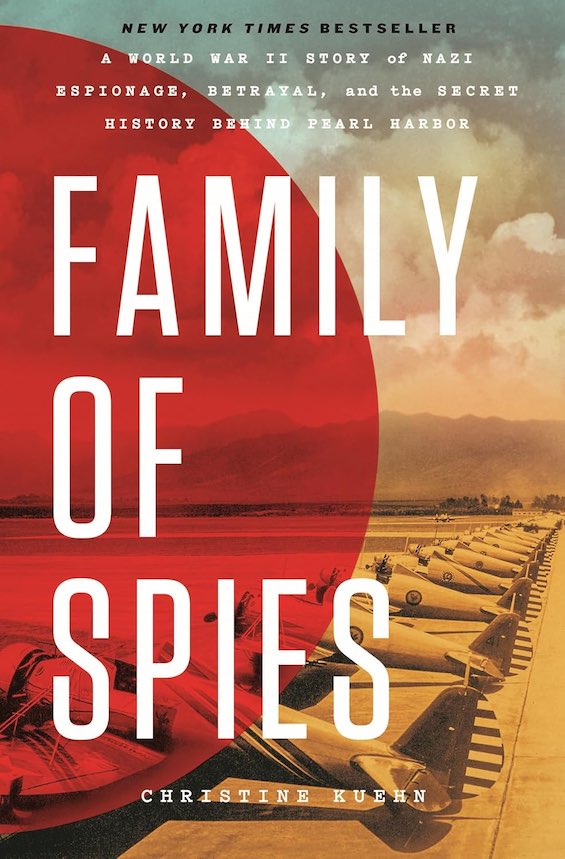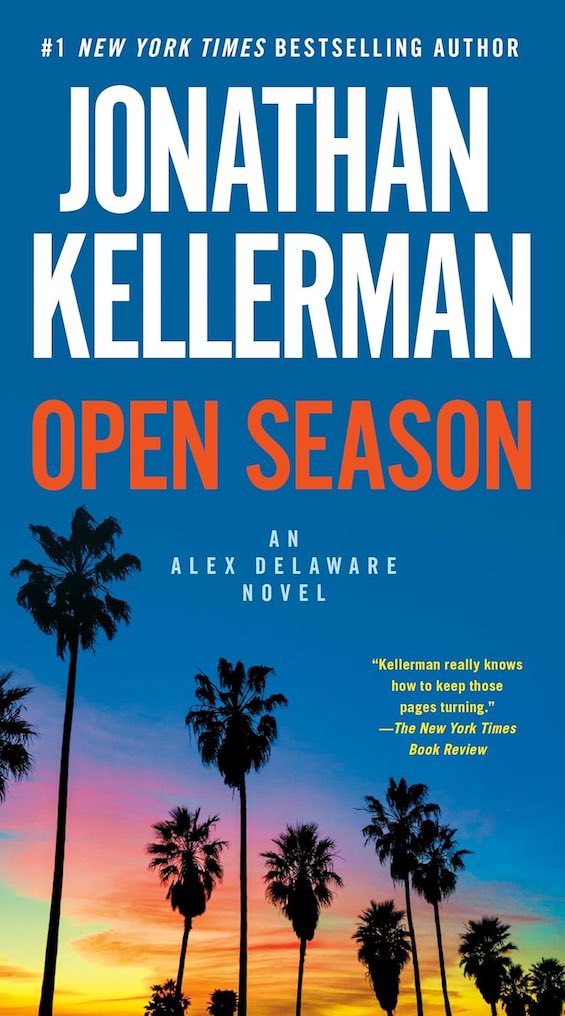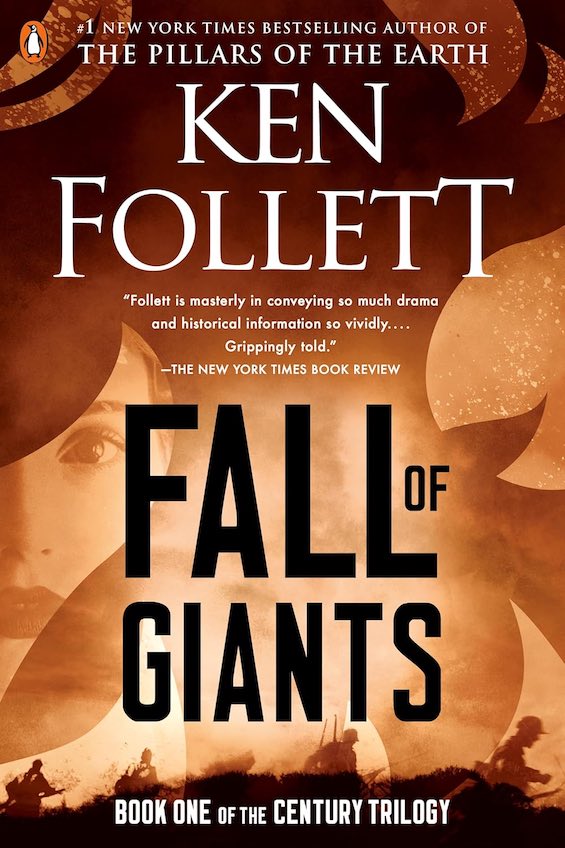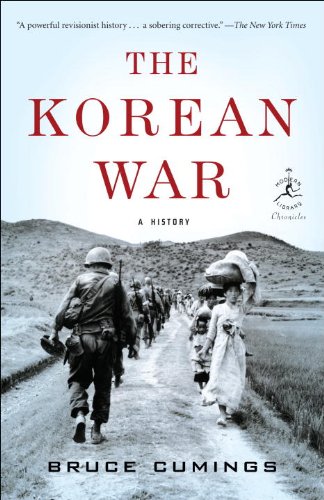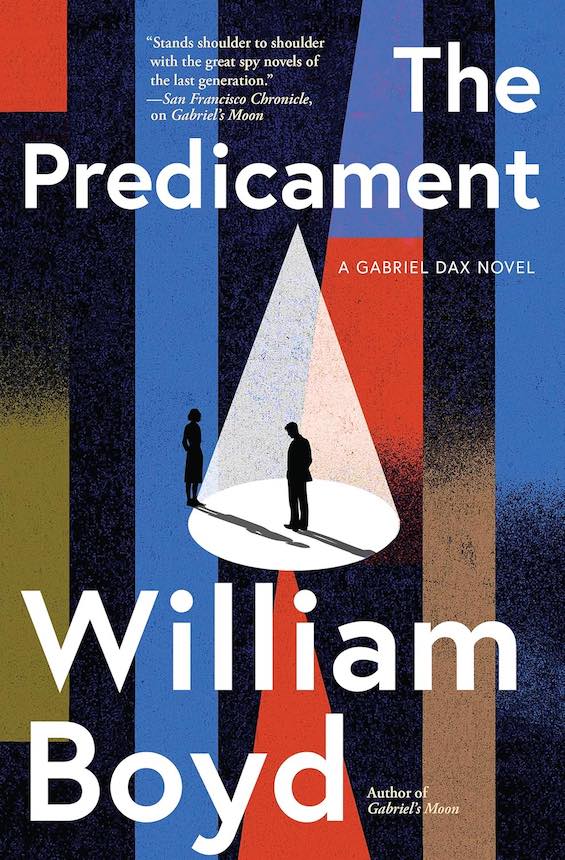From time to time, the inner solar system witnesses the arrival of a visitor from the distant Kuiper Belt or even from somewhere in interstellar space. The comet Shoemaker-Levy 9 in 1994, for instance, which crashed into the surface of Jupiter. That event created a monumental splash that could have obliterated the Earth. Or in 2017 the curious interstellar object 1I/ʻOumuamua, which was neither a comet nor an asteroid but a massive iceberg. But it was Oumuamua that triggered widespread speculation that extraterrestrials had come for a visit. And the Australian science fiction author Peter Cawdron plays with the concept of interstellar visitors as an object called Comet 57P-Yakov speeds toward the planet Venus from somewhere beyond the solar system. The result is Gold Rush, the suspenseful 31st book in his extraordinary series of standalone novels about First Contact.
Three very human central characters
Gold Rush is a prime example of hard science fiction. It abounds with technical details about spaceflight and cosmic phenomena. But like any good novel it’s at heart a story about people, and a good one. Three individuals dominate the tale:
- Dr. Jill Yakov is an Associate Professor of Astrophysics at the University of Hawaii. But she enters the story as the discoverer of Comet 57P-Yakov. Following standard procedure among astronomers, the object bears her name. And because she’s the reigning expert in her field, the Russian government has plans afoot to kidnap her and return her to the land of her birth. Which moves the White House to set in motion an operation to grab her first.
- Dice Newman is a former jet pilot and a member of the astronaut corps. He holds a PhD in astrophysics. Along with his secret lover, Commander Suzanne O’Lannon, Dice is scheduled to join the third manned mission to Mars. But his orders change when Comet 57P-Yakov heads for Venus. Now, instead, he’s on his way to the cloud-choked second planet to observe the comet’s explosive landing there.
- 28-year-old celebrity billionaire Aaron Swagger founded five companies. All five are in the top 50 corporations in the world. But the public is most interested in just two of them: SecX and RockX. “SecX has revolutionized internet security using blockchain technology to prevent identity fraud,” Cawdron informs us. And RockX competes with SpaceX with a very different business model. Its dream is not Elon Musk’s fantasy of a colony on Mars. Aaron instead envisions floating cities in the upper atmosphere of Venus.
Clearly, the lives of these three leading characters will intersect as the story proceeds. But it’s a single event that accelerates the process: the discovery that an extraterrestrial spaceship is following in the wake of the comet.
Gold Rush (First Contact #31) by Peter Cawdron (2025) 400 pages ★★★★☆
Two competing missions set out for Venus
In Project Vulcan, Dice is on a solitary mission to “deploy micro-sats into orbit around Venus. There will be hundreds of cameras operating at various wavelengths, along with radar imaging.” And he’s only along for the ride because NASA wants to prepare for the possibility that something unforeseen will emerge. No technology can be as nimble as Dice in coping with whatever comes up. Or so NASA believes.
Meanwhile, Aaron is preparing RockX for its own mission to Venus. Defying his investors, who deplore the mission’s nearly $1 billion cost without any promise of profit, he argues that “Mars is the safe bet, but the future of humanity lies with Venus, not Mars. It’s closer. It’s shielded from cosmic rays. Its gravity is similar to Earth’s.” And once Comet Yakov splashes into the planet, the ammonia it releases will nearly eliminate the sulfuric acid in the cloud cover. And this will make it possible for humankind to build floating cities in orbit there. As Aaron sees it, that will be the start of a new Gold Rush.
But none of these plans reckons with either the ability of the United States Government to upend corporate plans. Or the intentions of the aliens in that spaceship speeding a million miles behind Comet Yakov. The unexpected is bound to happen.
About the author
Peter Cawdron has written scores of science fiction novels. I’ve reviewed 30 of them, the preceding entries in his First Contact series. It seems superfluous to write yet another capsule biography when you can easily go to just about any of my previous reviews for the information. Or just Google him yourself.
For related reading
For my reviews of the preceding novels in this series, go to Peter Cawdron’s insightful First Contact book series. And check out The five best First Contact novels.
For more good reading, check out:
- The ultimate guide to the all-time best science fiction novels
- These novels won both Hugo and Nebula Awards
- The top science fiction novels
- 10 new science fiction authors worth reading now
And you can always find the most popular of my 2,300 reviews, and the most recent ones, on the Home Page.





